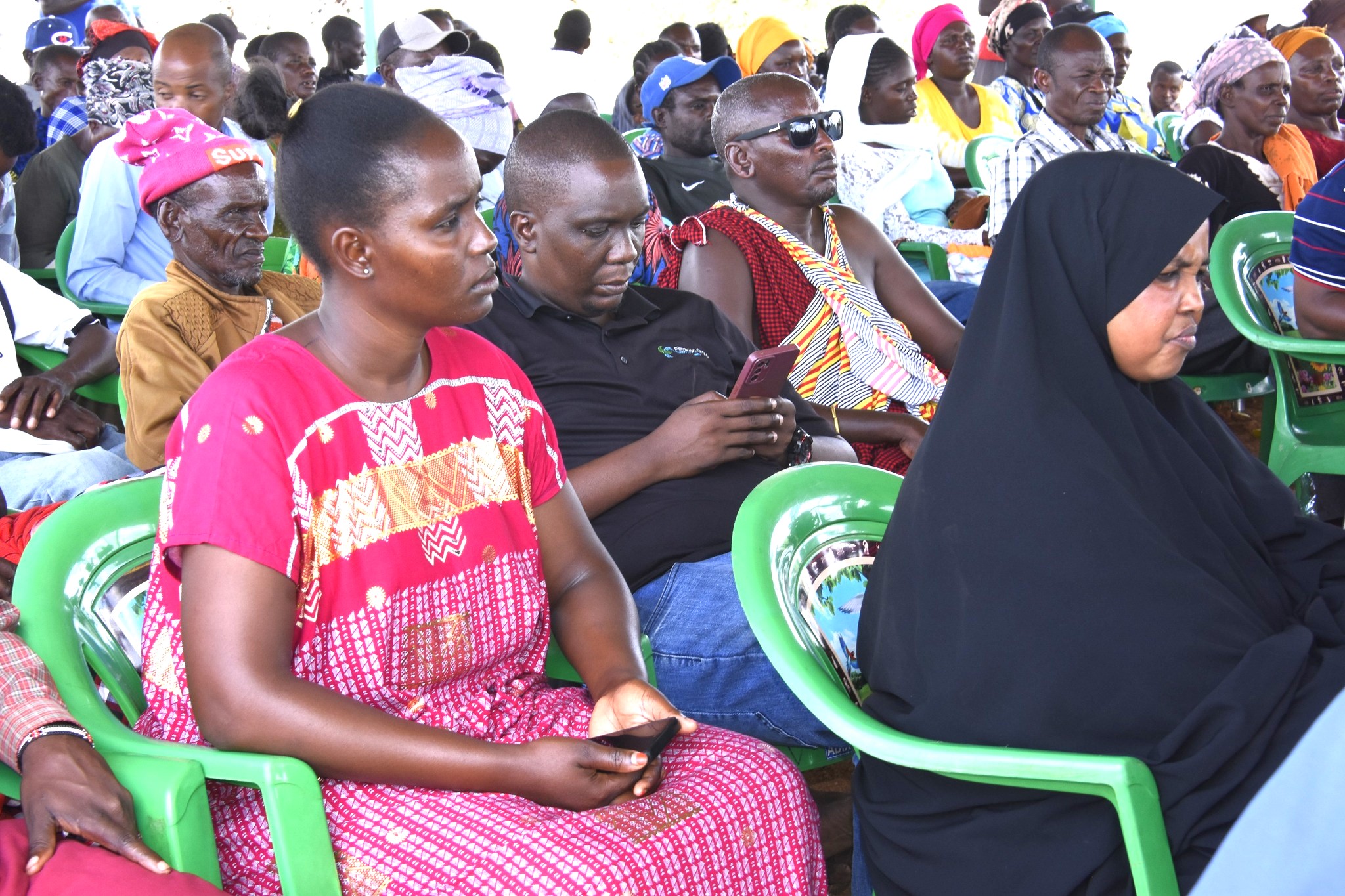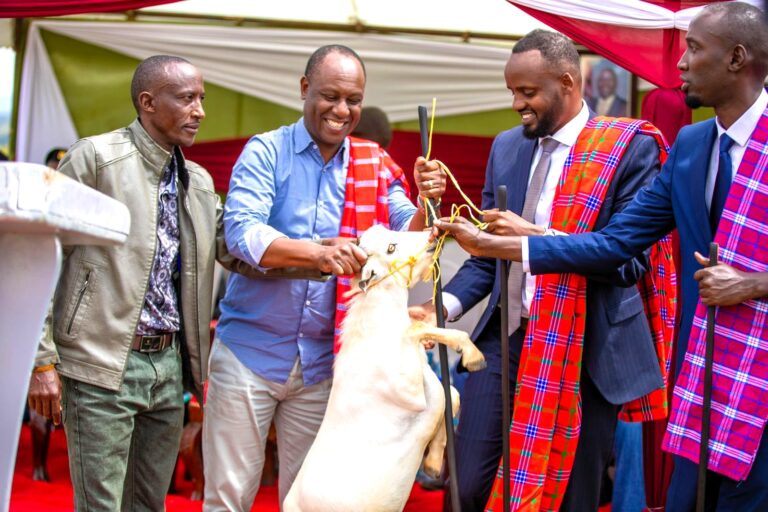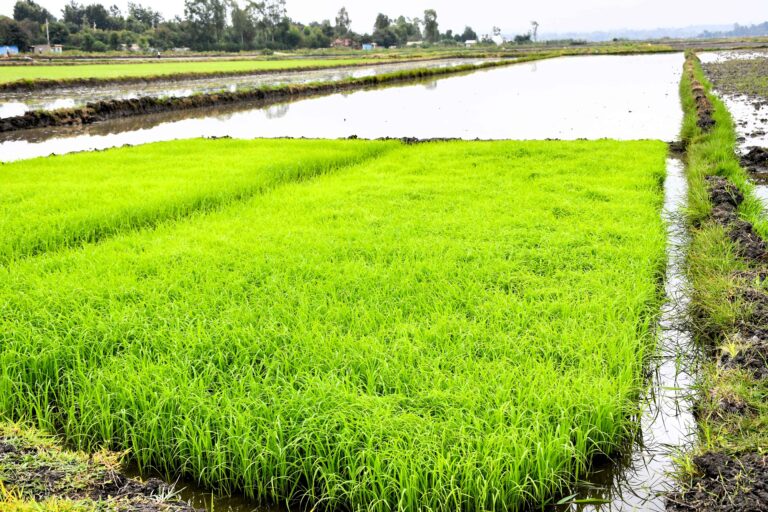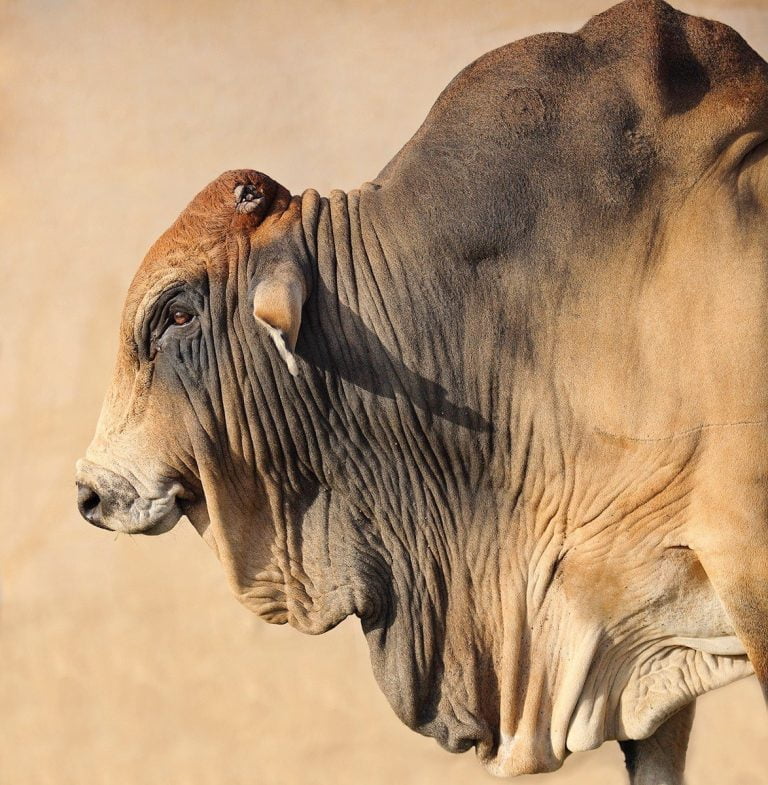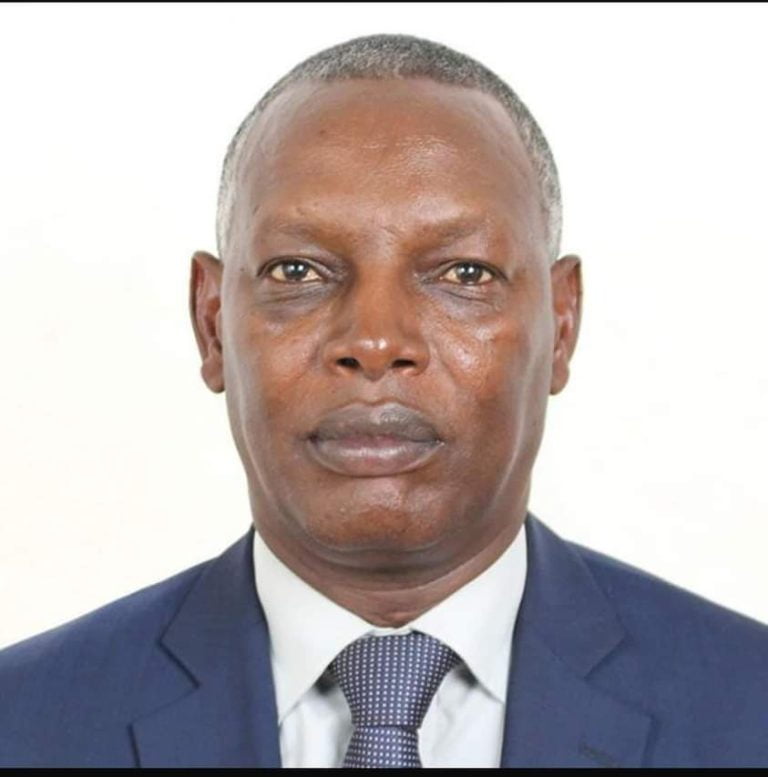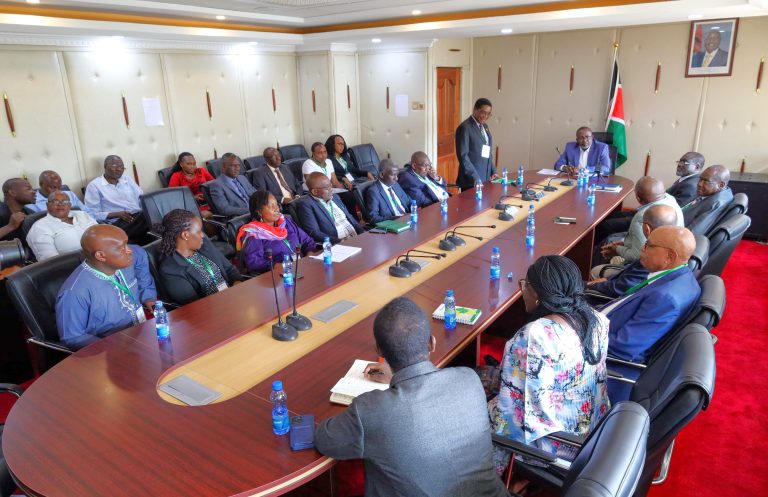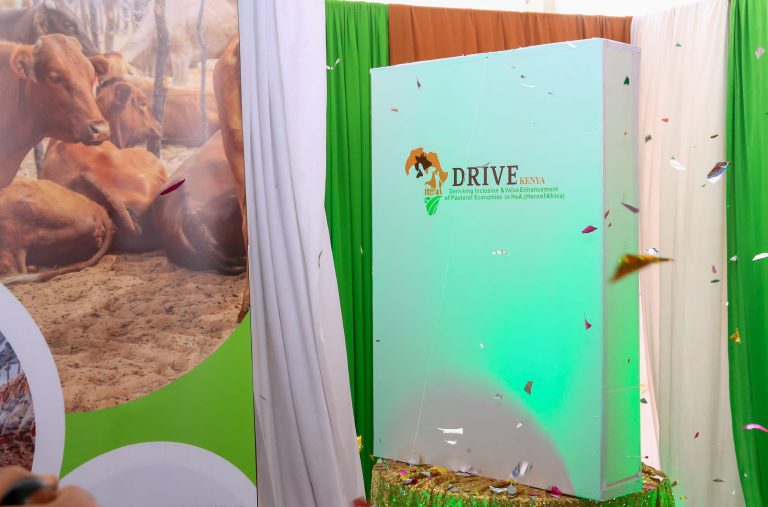Following an extensive public participation exercise by the State Department for Livestock Development, communities and stakeholders in Taita Taveta County have unanimously supported plans to engage a private developer to renovate, modernize and operationalize the Bachuma Livestock Quarantine Station (BLQS).
The endorsement marks a major step toward unlocking Kenya’s livestock export potential after years of farmers missing out on high-value international markets due to the lack of a fully accredited quarantine facility that meets global sanitary and phytosanitary standards. Modernizing BLQS is expected to enable Kenya to comply with World Organisation for Animal Health (WOAH) and WTO-SPS regulations by ensuring livestock destined for export can be properly screened, quarantined, vaccinated and certified.
During the public forums, producers, traders, youth and women groups, local administrators, and county officials expressed strong support for a public–private partnership. They said private sector involvement would ensure efficiency, timely investment and modern operational standards. Stakeholders noted that a functional quarantine station would help farmers secure better prices, expand access to international buyers and reduce reliance on local brokers.#
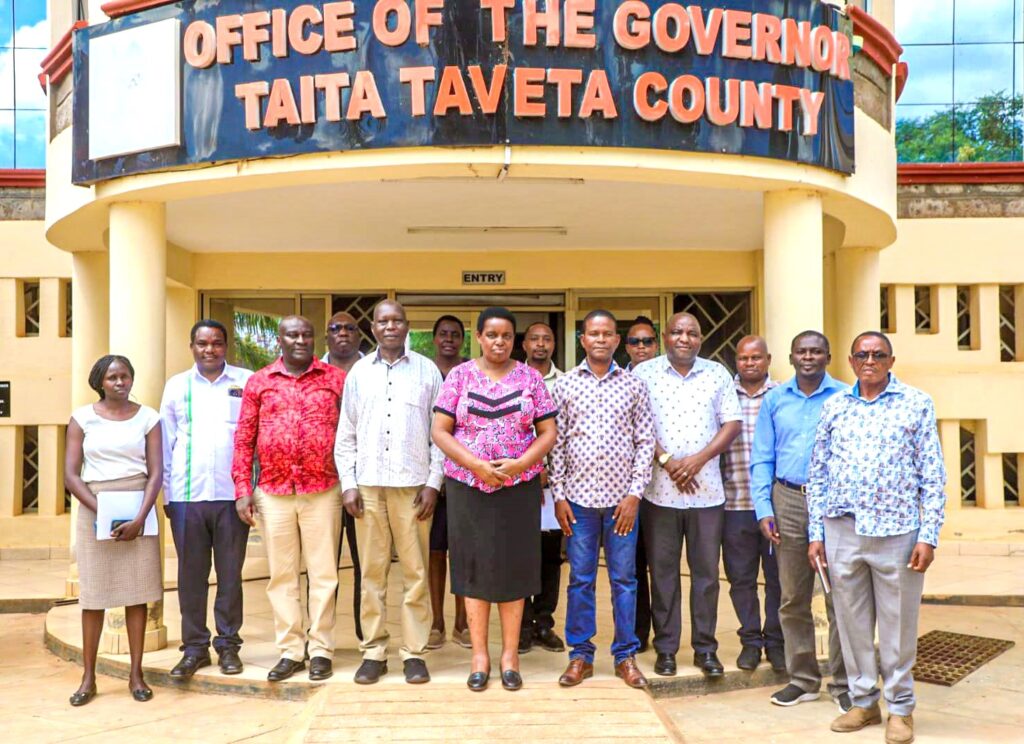
According to the State Department for Livestock Development, a recent pilot export initiative has already demonstrated the sector’s potential. Between September 2023 and January 2024, more than 30,000 sheep were processed for export and over 420 tonnes of meat shipped to Iran, with farmers reporting improved incomes and predictable demand. Several Middle Eastern countries have since signalled readiness to import Kenyan livestock once a fully compliant quarantine system becomes operational.
The State Department held the official stakeholder forum on November 26, 2025, bringing together community representatives, county officials, exporters, producers and development partners to discuss the proposed lease arrangement through which a private investor will complete pending works and manage the facility.
Dr. Damaris Mwololo from the Ministry of Agriculture and Livestock Development welcomed the engagement, saying the ministry had successfully collected feedback from the community.
“We have collected many views from the public. We’ve had their concerns; we’ve heard the worries that they have, and we’ve also been able to capture the excitement that they have about having this investment start here in this area of Maungu,” she said.
Dr. Mwololo assured residents that their concerns would be addressed. “We are going to take into consideration all the concerns that they have raised and be able to come back and give response to what they wish us to clarify on. So yes, we give that reassurance that we will be able to come back and make sure whatever we have indicated is fulfilled.”
The facility, a Vision 2030 flagship project, was established to expand access to local and international markets by enhancing livestock health screening, quarantine and certification. Its operationalization comes as Kenya works to re-establish export markets amid growing demand for cattle, sheep, goats and camels from Gulf states, including Saudi Arabia, Oman, Qatar, the UAE and Mauritius, countries that require livestock to undergo quarantine in internationally compliant facilities.
Dr. Joseph Wairia, a veterinary officer from the Directorate of Veterinary Services, outlined ambitious projections:
“We have projected that in the short term, when this facility is operational in the near future, we will have about 500,000 sheep and goats being processed, about 50,000 herds of cattle and about 10,000 camels per year,” he said.
He added that the project would bring an enormous economic gain to the Taita Taveta County Government and to the country at large, and also enormous opportunities to the neighbouring communities and ranches who are doing their livestock production activities in the area.
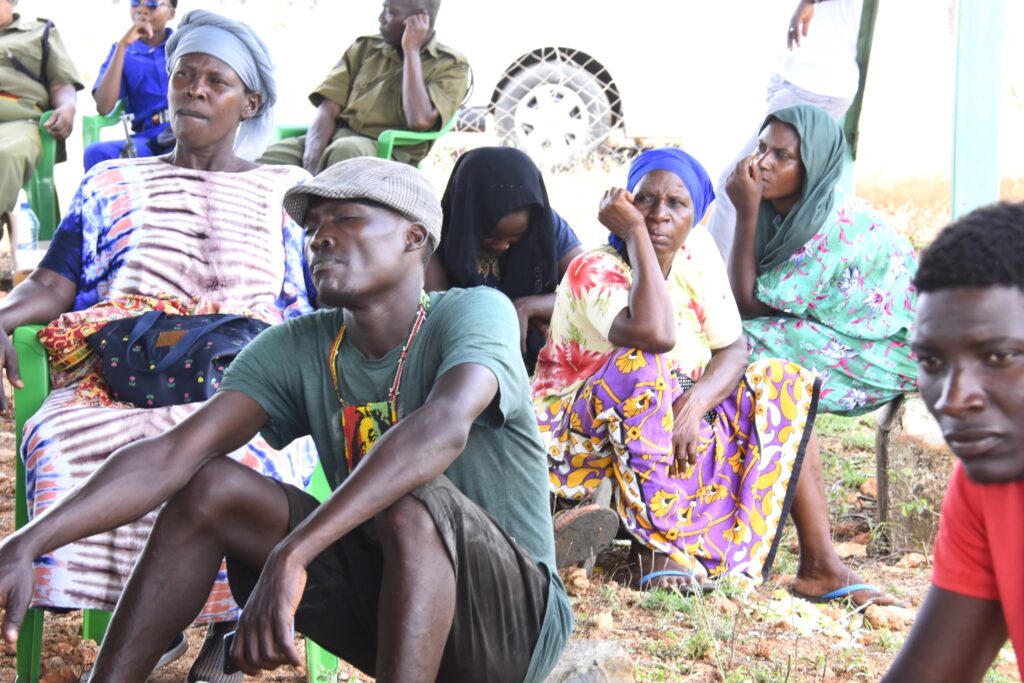
The government has opted for a lease model due to funding constraints. Under the arrangement, a private investor will complete the remaining infrastructure and manage operations while the State retains ownership of the land and assets. All improvements will revert to the government once the lease expires.
The BLQS is expected to create more than 50 direct jobs and additional opportunities across the livestock value chain, particularly in fodder production, transport, veterinary services, logistics and feed manufacturing. Officials also project the potential development of complementary facilities such as export-standard slaughterhouses, tanneries and rendering plants.
Idris Mohammed, an activist from Marungu Ward, said the facility had remained dormant for too long, noting it had previously collapsed under county management due to financial challenges. He urged the government to expedite the investor’s engagement, warning that equipment at the site was being stolen and needed to be secured.
While some community members raised concerns over land issues and possible displacement, Mohammed urged the lands department to clearly demarcate boundaries of public land to avoid future disputes.


